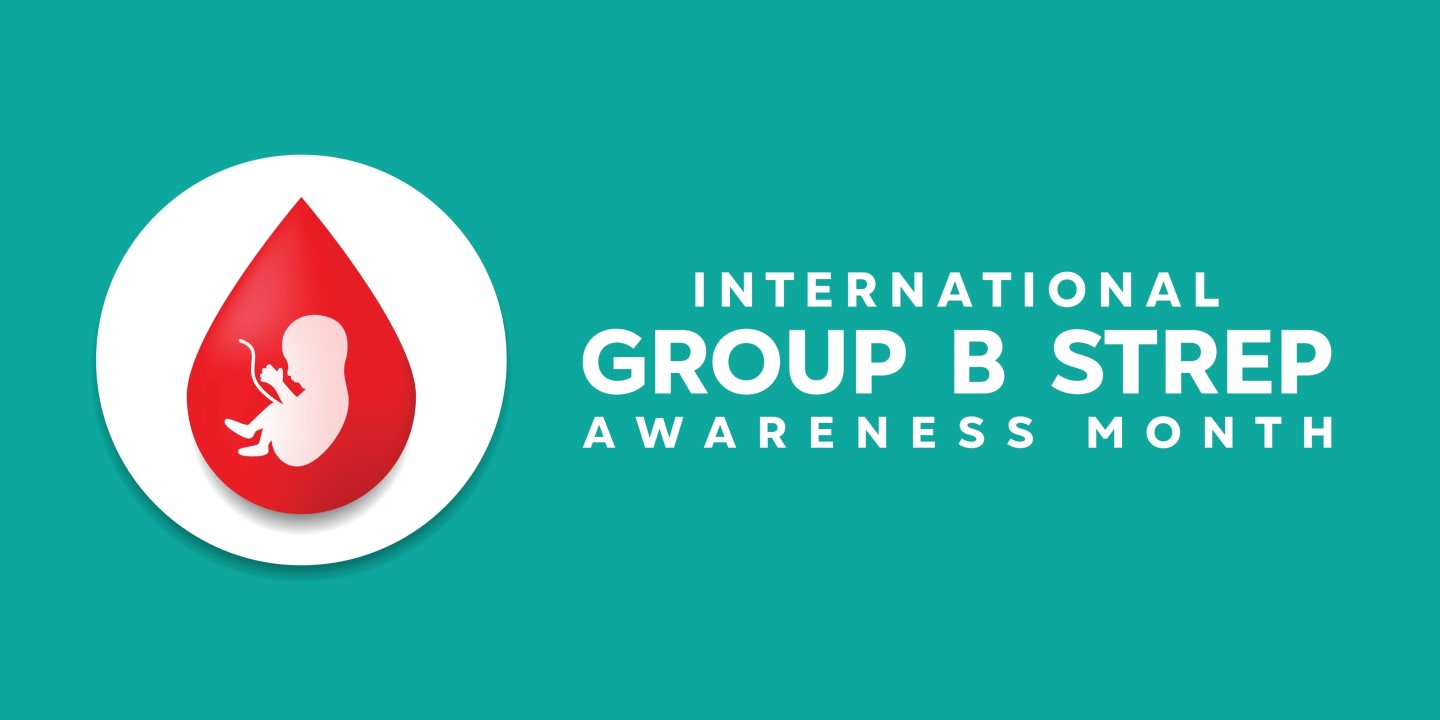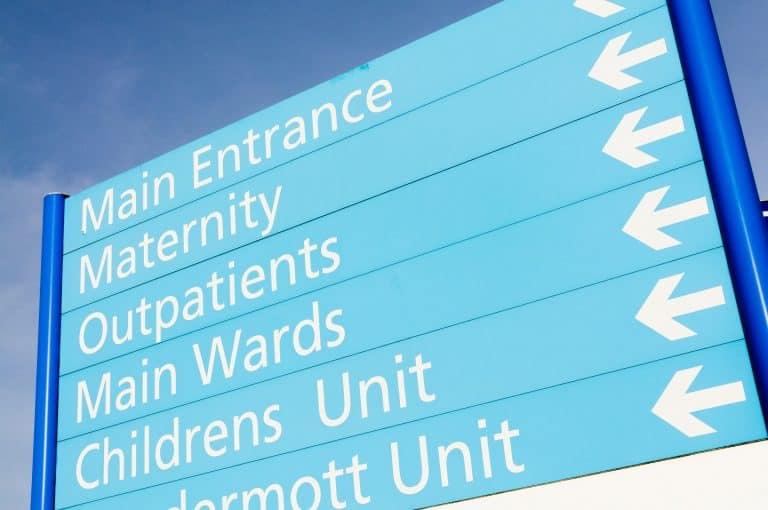
Group B Strep Awareness Month – raising awareness of GBS
July is Group B Strep Awareness Month, an international event where organisations globally campaign to raise awareness of Group B Streptococcus (GBS), a type of bacteria that can cause serious infections in newborn babies.
In the UK, national charity, Group B Strep Support, campaigns each July to spread the word about GBS by informing expectant parents and healthcare professionals about the risks of GBS and the importance of testing and early treatment. Through raising awareness, Group B Strep Support hopes to protect newborn babies by preventing them from contracting GBS infections.
Although GBS is a bacteria that is estimated to be carried by one in five pregnant women, many women have never heard of this and as such, are unaware of the potential implications. GBS is usually symptomless so unless tested, carriers don’t know they are carrying the bacteria. The bacteria is usually harmless to the carrier but in labour, it can unknowingly pass from mother to baby and in the neonatal period, it can be transmitted through skin-to-skin contact.
In most cases, GBS, if passed to the baby, will have little to no impact, but in some cases, when untreated, GBS can cause newborns to develop life threatening infections including, most commonly, pneumonia, septicaemia and meningitis. In the UK, on average, two babies a day develop a GBS infection. One baby a week dies from a GBS infection and one baby a week recovers from a GBS infection and is left with a disability.
At BBK, we’ve supported many families that have had babies who have suffered brain injuries as a result of a GBS infection. We hope that GBS Awareness Month will increase understanding of the potential impact of GBS and prevent more babies from being injured.
One of our clients, ABC, was diagnosed with cerebral palsy, epilepsy and learning difficulties after she contracted GBS during labour and developed meningitis when she was just a few days old. Our client was totally dependent on others to meet all her care needs. The Trust responsible for ABC’s care admitted that they’d mismanaged the GBS infection by failing to prescribe antibiotics during the course of ABC’s birth and that our client suffered a brain injury as a consequence of the infection. Further to their admission, a multimillion-pound settlement was reached with the Defendant. This included an annual payment for care to ensure our client’s complex needs would be met throughout her lifetime.
Types of Infections
GBS infections can be divided into two categories:
- Early onset GBS infections
- These happen within the first week of life and usually present as sepsis with pneumonia.
- When undetected and untreated, sepsis can have a catastrophic effect on newborn babies and sadly, can lead to permanent neurological damage or death.
- Symptoms for early onset GBS infections can include:
- Changes in skin colour;
- High or low temperature, feeling hot or cold to the touch;
- Having a fast or slow heart rate;
- Grunting;
- Noisy breathing, finding breathing difficult;
- Floppiness;
- Sleepiness; and
- Difficulty feeding
- Late onset GBS infections
- These occur between seven days to three months after birth. These infections typically present as meningitis. It is estimated that half of babies who develop GBS meningitis will be left with some form of brain injury including cerebral palsy.
- Symptoms for late onset infections are similar to those of early onset infections but can also include:
- A blank expression, staring, in a trance like state;
- Irritability;
- Photophobia, avoiding looking at lights;
- Blotchy skin;
- Jerking movements;
- Bulging fontanelle (this is the soft spot on a baby’s head); and
- Stiffening of the body
Testing for GBS
Testing for pregnant mothers is not routine in the UK but in recent years, there’s been an increase in the number of NHS maternity units offering GBS testing to pregnant women.
If you’re pregnant, it’s always worth enquiring as to whether testing at your maternity unit is available. If your local unit doesn’t offer testing, but you want to check whether you are a carrier, it is possible to test at home. Further information on home testing kits can be found on the website for Group B Strep Support.
If you test at home, regardless of the result, it’s advisable to speak to your doctor or midwife and ask them to document this result in your medical notes. If you are a carrier, you can ask to speak to your doctor about how your maternity unit will manage the GBS in labour to prevent it being passed to your baby. Typically, GBS is not treated until labour starts. Once in labour, antibiotics are administered which, if given as soon as possible once labour has started and at regular intervals until the baby is born, are highly effective at preventing GBS infections in newborn babies.
If you are pregnant and are worried about GBS speak to your midwife or doctor about the options available to you locally. If you’ve had a baby who’s been affected by an infection caused by GBS and you have concerns that your labour was mismanaged, do get in touch. We can discuss these concerns with you and advise whether we can help.









